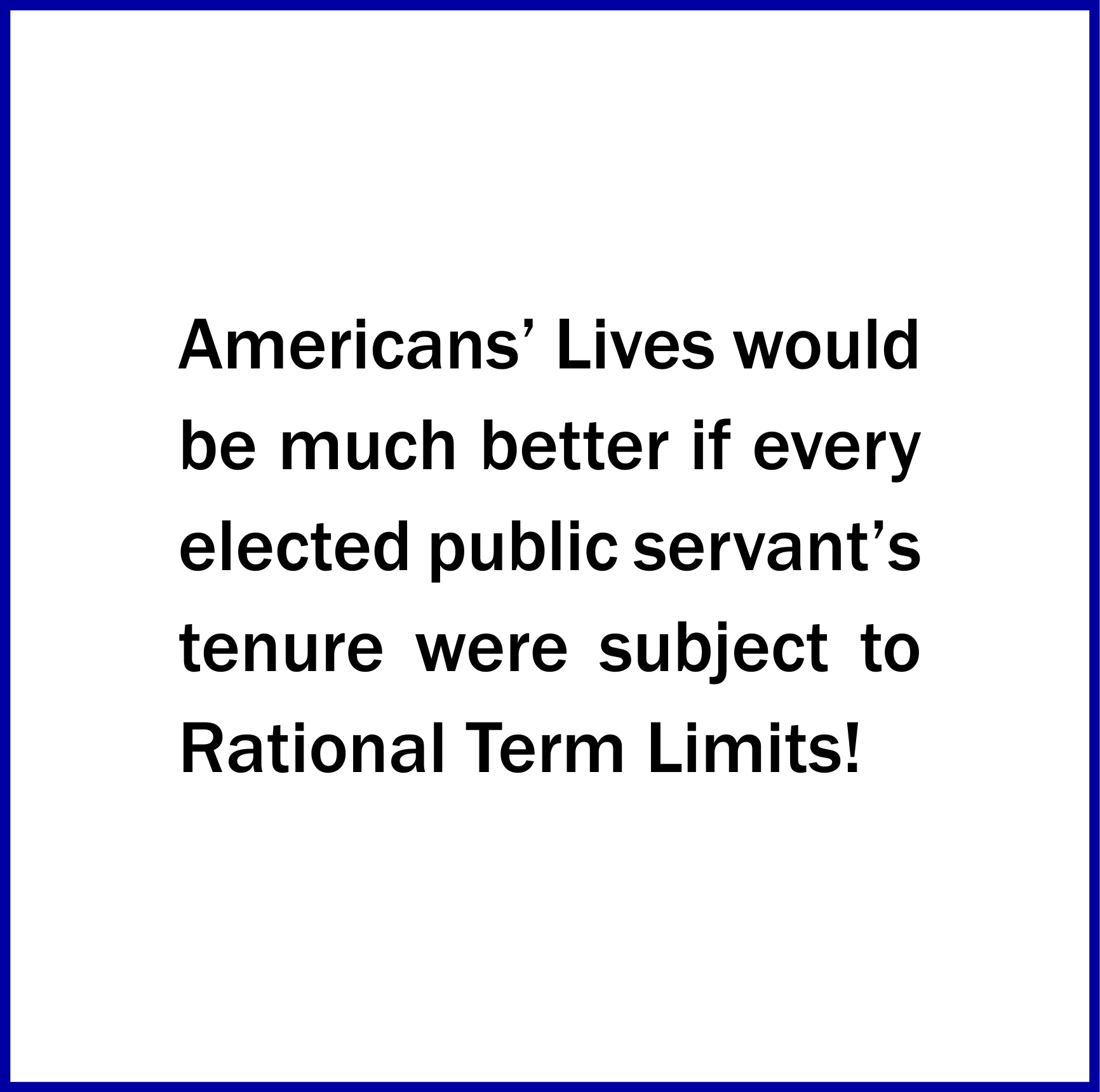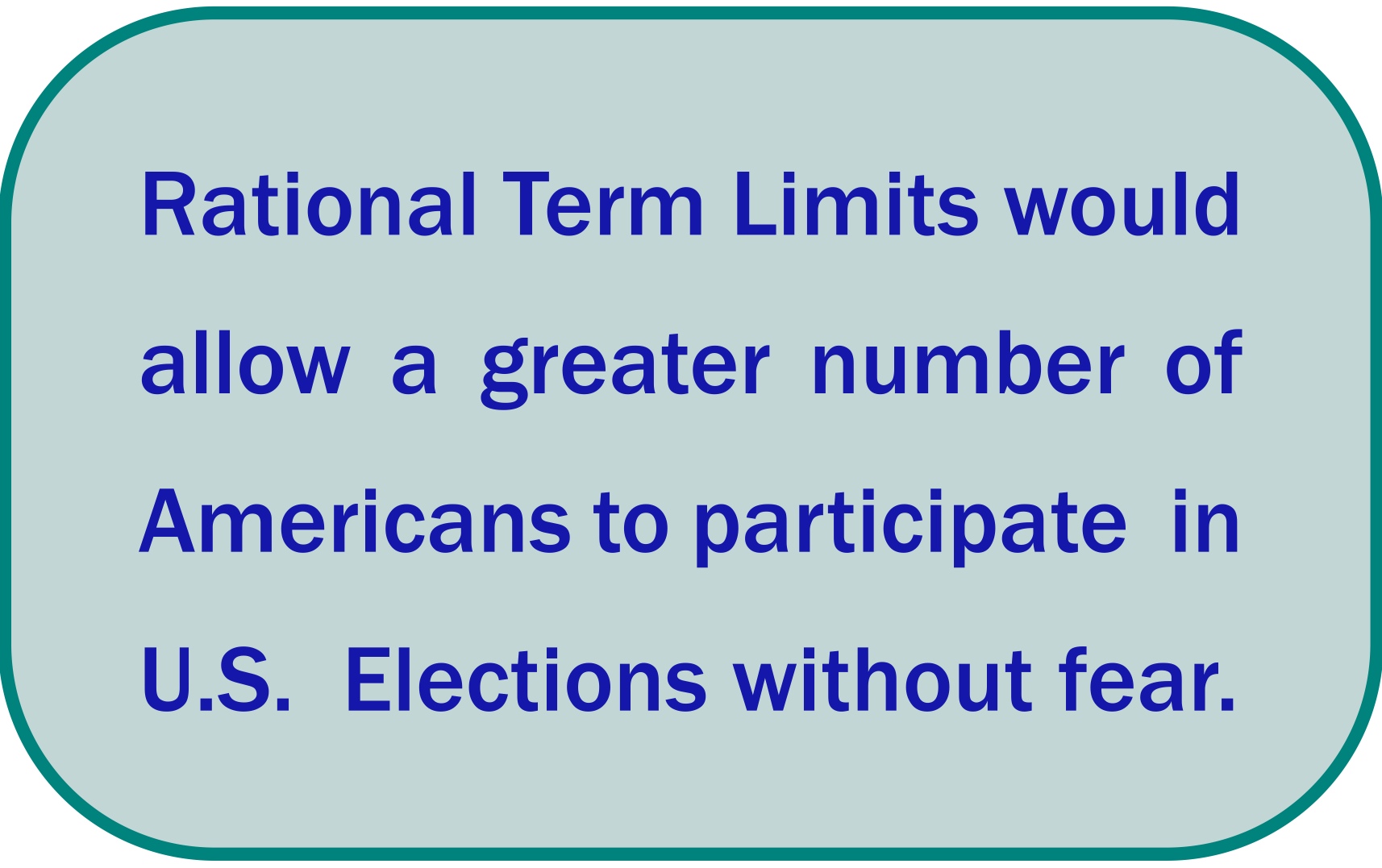"The term of office for members of the House of Representatives shall be 4 years but no person shall hold office for more than 8 consecutive
years. After having been in office for 8 consecutive years, no person shall run for reelection to the House of Representatives without first having
been out of office for at least one 4-year term. Elections for house members shall be held every 2 years for 50% of the representatives from each state."
"This article shall be inoperative unless it shall have been ratified as an amendment to the Constitution by the legislatures of three-fourths of the
several states within seven years from the date of its submission to the states by the Congress."



